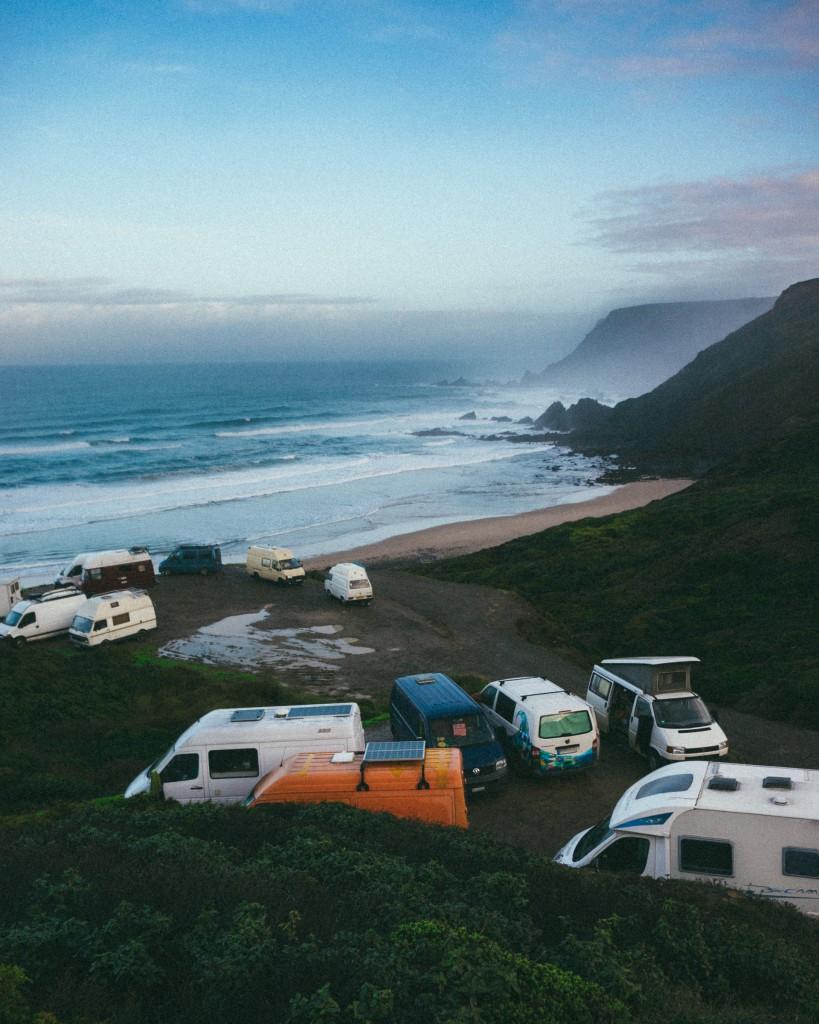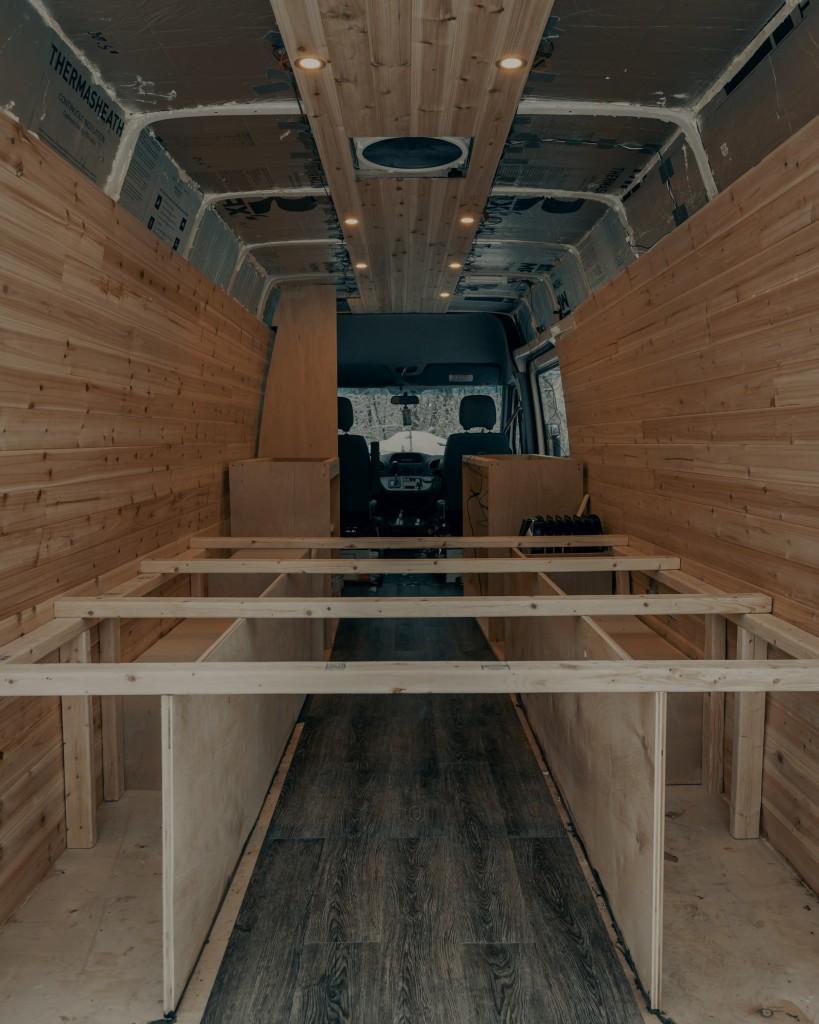With over 11 million photos on Instagram tagged #vanlife, it’s evident that holidays that don’t start with a flight are increasing. Swapping long-haul journeys for vacations on the road will reduce individual carbon impact, but is it self-indulgent of campervanners to claim that their holidays are sustainable?
battleface takes a wider view on whether a campervan is a green crusader or just another environmental disaster.

What does the math say?
According to the European Environment Agency emissions of CO2 per passenger, per kilometre for planes is 285g while a campervan emits around 61g.
The problem with making these calculations means taking a lot of assumptions. For instance, the number of travelled kilometres, the average speed, the vehicle model or the number of passengers is taken as standard values even though they’re not.
Fuel consumption on take-off and landing is high, so short haul flights are proportionately more fuel expensive than longer flights, while crawling in city traffic for two hours will produce more emissions than a highway drive of the same period.
Yes, planes emit a lot of junk into the atmosphere, but campervans do too.

It’s not all about MPG and CO2
The process of building a campervan also produces emissions and in many cases more emissions than the vehicle will produce in a lifetime of holiday driving. Even though a campervan should have a lifespan of 2 or 3 times that of a normal car, their end of life also has negative implications on the environment.
Two tonnes of raw material were dug up from the ground and transported to factories across the planet to produce everything that makes and furnishes a campervan. Now what? There is plenty of evidence around that ‘we’ aren’t recycling or upcycling enough old stuff to justify the new and a sustainably responsible plan for the end-of-life of a campervan was probably far from the purchase strategy of most owners.

Drive less, move slowly, stay longer (and love it in old age)
This is the big one. Driving to fewer destinations at an efficient cruising speed and staying longer, while maintaining your campervan throughout its lifespan is key to reducing your vacation transportation footprint.
Planning for a campervan trip becomes important when simple actions will drastically improve sustainability – such as: how much food and water supply to carry (as extra weight consumes fuel), what food can you source locally at your destination, how are you managing to limit the waste you produce and, critically, what is your impact on the environment you camp at.
Becoming a conscious campervanner is a great opportunity for continuously learning about the environment and your impact on it while exploring beautiful places. Depending on how long a campervan can last, and with a few simple decisions, holidays on the road can become a more sustainable way forward.










